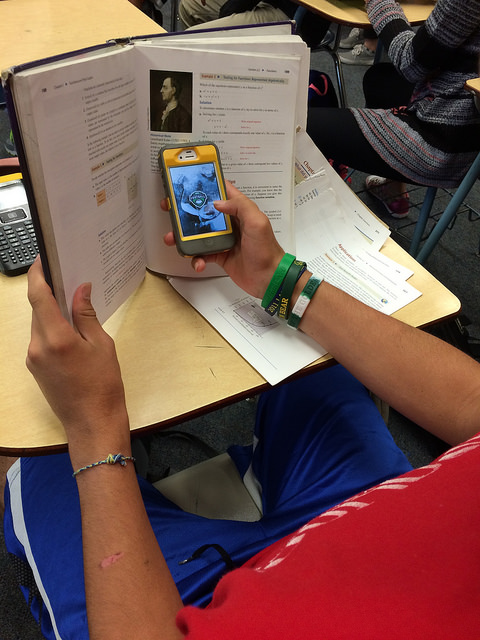
While most students that adjunct professors encounter will be nothing but pleasant to teach, sometimes professors may receive a student who consistently disrupts the classroom. These students may ask questions incessantly, speak out of turn, veer the class off-topic, or monopolize discussions. Sometimes, these students may harass or annoy other students, disrupting their learning environment. This article provides three key tips to dealing with disruptive students.
First, use your teacher presence to help stop disruption from occurring in the first place. For instance, avoid increasing your volume when students are talking; lowering your voice can be more effective because it forces students to lean in to listen, and it maintains the value of a raised voice when you really need to use it. Similarly, if you normalize pacing the classroom, moving towards the distraction is often sufficient to make the disruption stop. The very presence of the professor is often enough to curtail side conversations and browsing the Internet.
Second, stay calm and positive. Especially when talking to students after class to discipline them, don’t let your emotions get the best of you. Remember that you are in control and to stay calm. Similarly, professors should remain positive when talking about how students behaved, focusing instead on how students can fix or avoid the disruptive behavior in the future, as opposed to berating the student for their transgression. Sometimes, more severe discipline may be needed beyond explaining to the student why their actions were inappropriate, but even in these instances, remaining calm and positive can help keep the conversation productive.
Third, allow students to save face. Except in the rare instance where the student has directly defied your authority as the professor, minimize class disruption after distracting or inappropriate behavior has occurred. Calling more attention to these behaviors is often exactly what the student wants, and if it wasn’t what they wanted, embarrassing the student by publicly calling them out can make them defensive and unwilling to listen — often, it can turn them defiant. Thus, discipline is often best doled out behind the scenes or after class, as students don’t feel like they have to maintain their pride in front of their peers.

